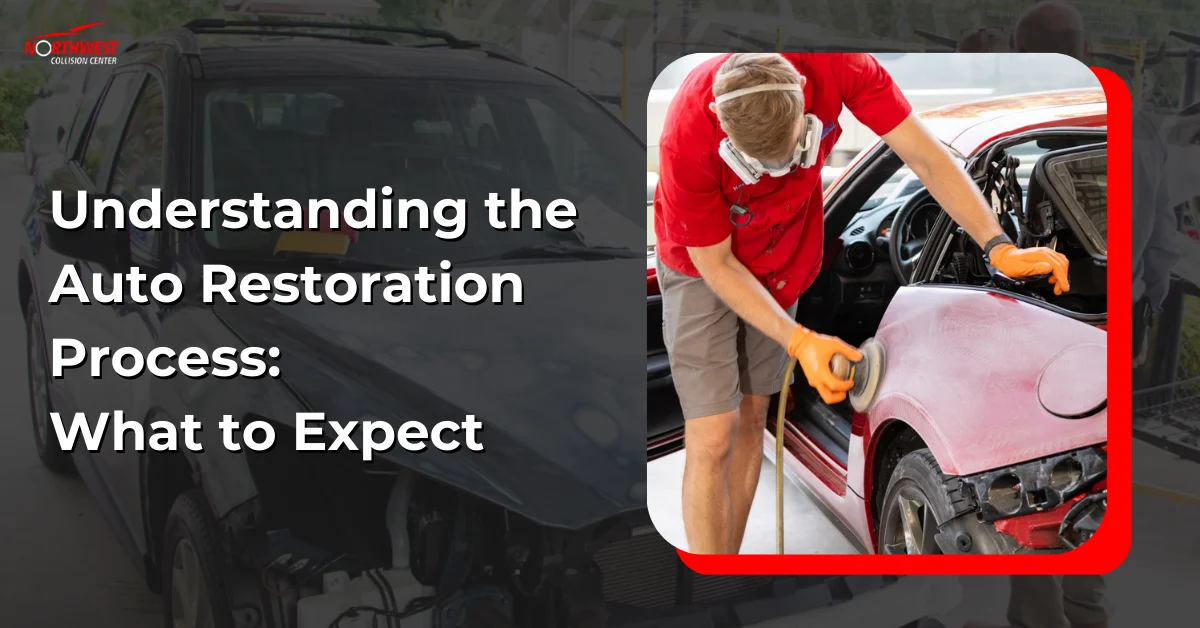Electric cars are making their name in the auto world. As the name suggests, these are vehicles powered by electricity as compared to traditional fuel-powered ones. Without fuel to operate, it does not emit pollution in the air. One significant contribution these electric cars are making is being beneficial for our environment. Can you imagine how our climate could change when most cars do not need fossil fuel to emit gas into the air?
While it sounds wonderful, let us educate ourselves first on what to know about owning an electric car. There’s a lot to consider!
Let us set the expectations straight as we tackle the pros and cons of owning an electric car compared to the traditional cars you have:
1. Driving Range
Depending on the model, electric cars typically travel around 60 to 100 miles per hour when fully charged. Some can travel between 124 miles to about 400 miles in distance. While this is fair enough for metropolitan driving and work-home travels, it may not be ideal for those taking road trips or cross-country trips.
2. Battery Charging
Fueling up and charging batteries are different. Fueling up at a gas station takes only a few minutes, while charging the batteries takes time. Again, depending on the electric car model, it can take anywhere from a few hours to overnight to charge the batteries of an electric vehicle. Nevertheless, thanks to our ever-evolving technology, fast chargers are becoming available in the market.
3. More Expensive than Traditional Cars
Are electric cars cheaper to own? Not really. Electric vehicles operate with technology. Meaning it has hardware and software that regularly needs updating. Basic models usually start at around $30,000 to more luxurious ones, which sit at about $80,000 or more. Of course, this depends on the manufacturer and model you want.
4. Extra Costs
Apart from the purchase cost, maintenance, and insurance you usually need, what sets it apart from traditional cars is the maintenance of the battery. The battery replaces the need for you to go to the station and gas up. However, there are additional costs for installing a battery charging station, public charging costs, battery replacement, and an increased electric bill.
Are there hidden costs of owning an electric car? Technology embedded in electric cars needs updating regularly. Some manufacturers do not charge for this constant update, while others do charge. It is better to do your research first and ask the manufacturer about it.
5. Charging Stations
The location of charging stations is the number one concern of most buyers. How to charge electric cars? Ideally, it would be best to have a 240-volt outlet and support level two charging equipment in your garage. However, this does not apply to all homeowners. While this situation is ideal, electric vehicles can still charge with a 120-volt wall outlet. The difference is the impact on the battery life; for example, you can add 25 miles per hour when you use a 240-volt instead of adding four miles per hour with a 120-volt. Level one charging may suffice for some; it’s best to research which one fits your chosen electric car.
Can you own an electric car without a home charger? It’s challenging to have your own charging station at home if you don’t have your own garage or rent a place. However, the answer is still YES; you can still own an electric car without a home charging station. How? There are public charging stations available. Based on the U.S. Department of Energy data, there are around 30,000 charging stations around the U.S. Though considering how big the U.S. is, you need to check if there are available ones near your area.
Despite the costly challenges, electric cars have significant benefits for both owners and the environment.
1. Environment-friendly
Switching to electric cars is in every way environmental-friendly. As they do not emit gas in the air, you can expect much cleaner air to breathe.
2. Renewable Resource
Electric cars are powered by renewable resources, unlike gasoline. Solar panels are a great source of electricity that you can install in your home. Electricity costs less when compared to gas.
3. Requires Less Maintenance
Though technology embedded in the electric car updates from time to time, it makes it possible to forego the maintenance that gas-powered engines require. Likewise, when it comes to brakes, electric cars tend to have fewer replacements due to their nature.
4. Runs Smoothly and Quietly
Electric vehicles are quiet to the point of being hazardous, unlike gas-powered vehicles.
5. Tax Credits
While the purchase price of electric cars is generally not cheap, there are possible tax credits from your government just by simply owning one. Yes, you read that right! Still, this financial incentive varies from one place to another, but knowing the possibility makes you happy, right?
6. Special Lane
The carpool lane designated on highways is also used by electric car drivers – even if the car’s passenger is only you.
If you are still unsure whether owning an electric car is for you or not, we’ll wrap this up by asking you the following questions:
- When do you usually drive? From home to work only? Alternatively, do you go on road trips frequently?
- Do you have a garage with enough volts for your charging station? Or is there a public charging station nearby?
- Do you have a solar panel installed at home? Or do you worry about your electric bill?
- Are you craving safer air to breathe?
Assessing your needs and capabilities enables you to decide whether you should own an electric car or not. If you need some help from auto experts, visit us at Northwest Collision Center. We are a well-known auto body repair shop in St. Petersburg, FL; we are always glad to help!










